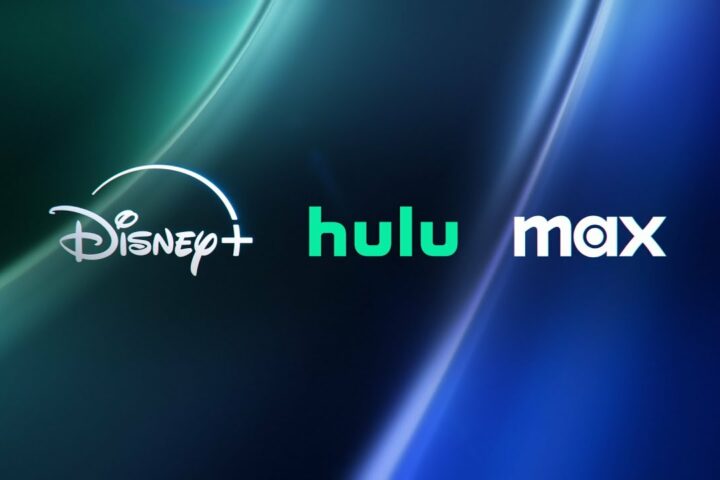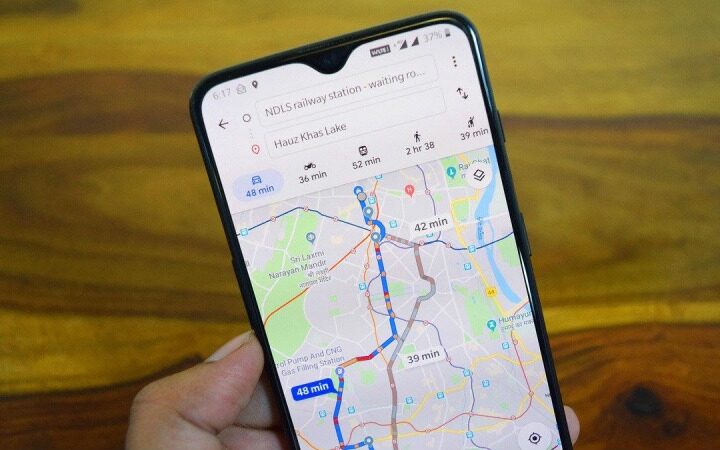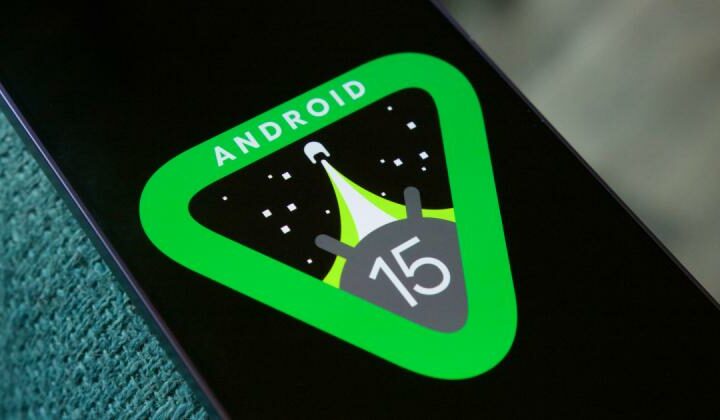In its legal battle with Epic Games, a federal judge in California issued an order, which Apple fails to adhere to in form or spirit. In an amicus brief published on Wednesday, Meta, Microsoft, Match Group, and X informed the court of this.
In 2021, Judge Yvonne Gonzalez Rogers informed Apple that app developers were free to utilize “buttons, external links, or other calls to action” to notify consumers of payment options available outside of their apps. The 15 to 30 percent fees Apple charges for in-app purchases have been criticized by Epic and other developers. Apple further complicates matters by excluding developers from pointing customers toward less expensive payment options found outside of the iOS ecosystem. Apple has maintained that the costs are fair recompense for the services it provides on the App Store.
Apple’s definition of compliance, according to the companies who submitted the brief on Wednesday, would not solve the issue. All of the companies claim they have been subject to Apple’s regulations against diverting consumers from its own payment processing. The corporations claim that its proposal, which would allow developers to include an external purchasing link, is complicated and expensive.
“The companies wrote in their brief that Apple’s new restrictions are clearly intended to make alternatives to Apple’s IAP difficult for developers and unappealing for consumers, thereby circumventing both the intent and purpose of the injunction.”
Epic has requested that the judge uphold her initial ruling, claiming that Apple is breaking the injunction in a “blatant” manner. However, it’s noteworthy that other major developers—like Microsoft and Meta-have chosen to speak up already, demonstrating how Apple’s regulations can affect even the biggest software firms.
The amici claim that because Apple’s 12–27% tax on external purchases is only a small percentage point less than what developers would otherwise have to pay for in-app sales, it undermines the intent of the new requirement. Developers may find it difficult to even set up an external payments system due to the external purchase price, as additional transaction costs incurred through that route may negate any potential 3 percent benefit from leaving Apple’s system. Furthermore, if the external choice is more expensive or equally priced, customers are not inclined to select it.
The businesses describe how Apple’s in-app purchase policies affect them and reportedly cause harm to both them and their customers. For instance, according to Meta, Apple made the decision in 2022 to mandate that Meta pay the IAP cost for their product, which enables advertisers to promote postings within their apps in order to reach a larger audience. If Meta could direct customers to its own payment choices, this modification would not increase the cost of using the feature, according to Meta.
Apple spokesperson Fred Sainz cited the company’s statement of compliance to the court, stating that as of January 16th, it has “fully complied with the Injunction,” in response to a question about the amicus brief. Epic “has never disputed” that “unregulated external payment links will ‘harm users, developers, and the iOS platform more generally,'” according to Apple in that earlier submission. As a result, Apple claims that the rules for the external payment links are “essential to safeguard user privacy and security, preserve the integrity of Apple’s ecosystem, encourage information flow, prevent user confusion, and enable effective evaluation of developers’ apps by App Review.”
Before a hearing regarding the enforcement of the injunction on April 30, Apple will have the opportunity to submit a response.
- A new version of the Maruti Ignis Radiance Edition has been unveiled at a price of Rs 5.49 lakh - July 26, 2024
- A new set of features has been launched in Google Maps in India, as well as reports about Android Auto incidents - July 26, 2024
- Sanya Malhotra appointed as Brand Ambassador for HMD India - July 24, 2024







